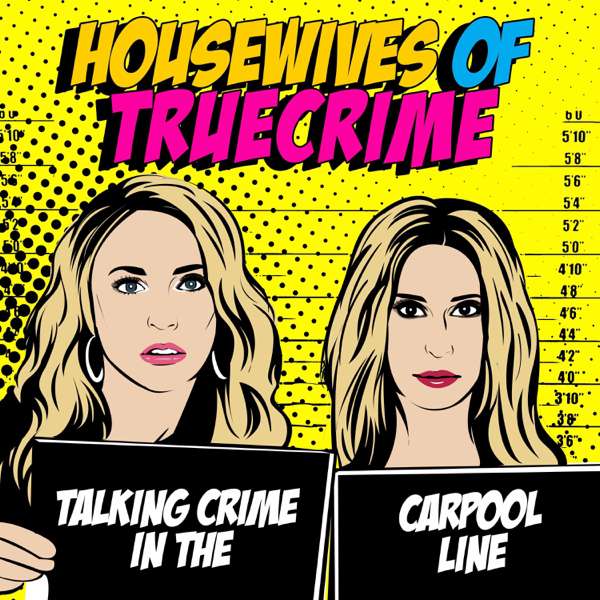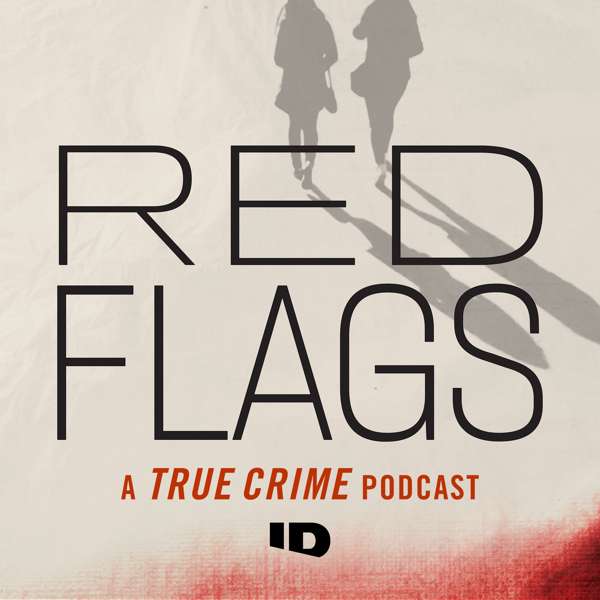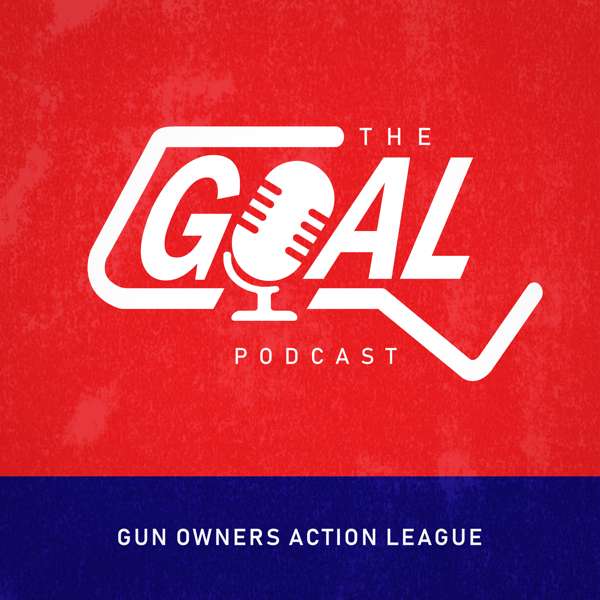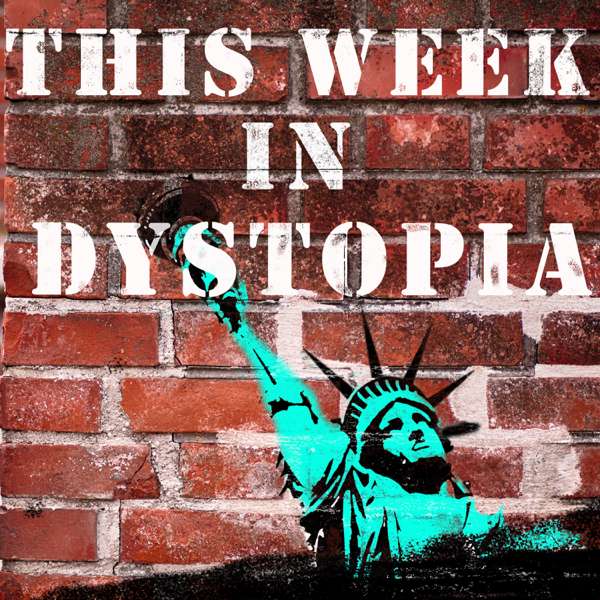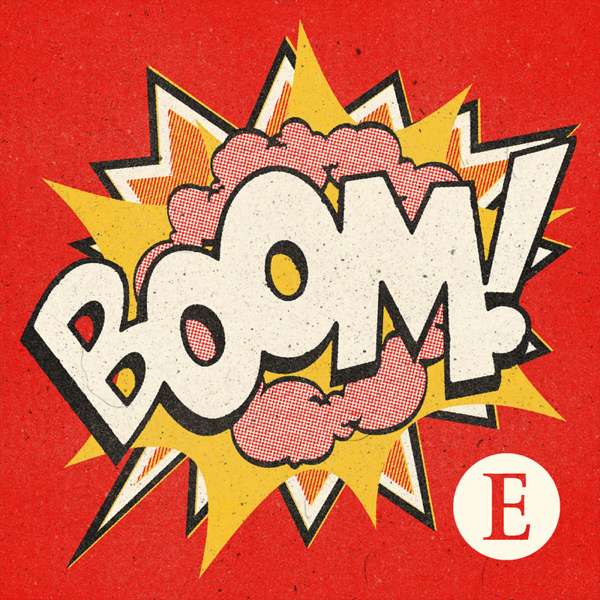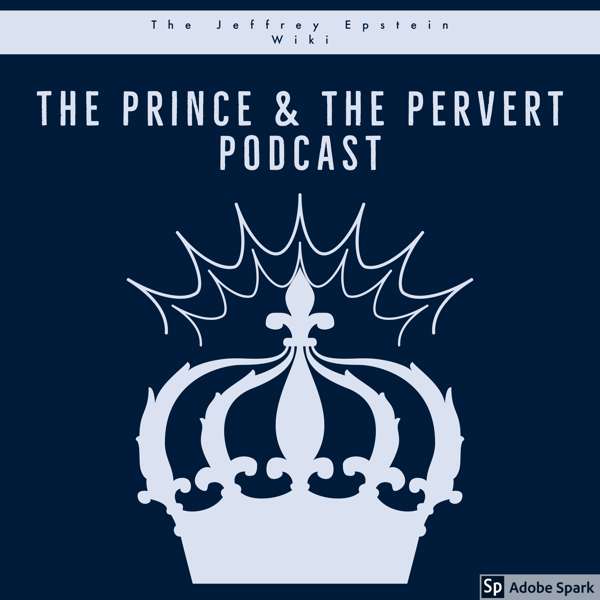The current rise of right wing populist leaders in democracies around the world, from Donald Trump to Jair Bolsonaro in Brazil, has led to a debate on the fuzziness of these new regimes that are eroding liberalism by incorporating totalitarian features. Some argue that the term ‘fascist’ would be useful in understanding the nature of politics in these countries, while others warn against an inflationary use of the term. We close the second season of the podcast by asking Professor Jason Stanley (Yale University) whether the term ‘fascism’ helps us understand what is happening in the US and how this ideology is seeping into democracies the world over.
Democracy in Question? is brought to you by:
• The Institute for Human Sciences in Vienna: IWM
• The Albert Hirschman Centre on Democracy in Geneva: AHCD
• The Excellence Chair and Soft Authoritarianism Research Group in Bremen: WOC
• The Podcast Company: Earshot Strategies
Follow us on social media!
• Institute for Human Sciences in Vienna: @IWM_Vienna
• Albert Hirschman Centre on Democracy in Geneva: @AHDCentre
• Our guest Jason Stanley: @jasonintrator
Subscribe to the show. If you enjoyed what you listened to, you can support us by leaving a review and sharing our podcast in your networks!
BIBLIOGRAPHY
• Jason Stanley. (2020). How Fascism Works: The Politics of Us and Them.
• Jason Stanley. (2016). How Propaganda Works.
• Arjun Appadurai. (2006). Fear of Small Numbers.
GLOSSARY
Who was Charles Lindbergh?
(00:06:00 or p. 5 in the transcript)
Charles Lindbergh was celebrated as an American hero when he piloted the Spirit of St. Louis from New York to Paris in 1927, the first person to fly solo and nonstop across the Atlantic. Learn more.
What the German-American Bund?
(00:06:00 or p. 5 in the transcript)
The German-American Bund, also called (1933–35) Friends Of The New Germany, was an American pro-Nazi, quasi-military organization that was most active in the years immediately preceding the United States’ entry into World War II. The Bund’s members were mostly American citizens of German ancestry. The organization received covert guidance and financial support from the German government. Military drill and related activities were provided for adults and youths at Bund-maintained camps. Source.
Who was Henry Ford and what is “The International Jew” about?
(00:06:00 or p. 5 in the transcript)
Henry Ford (1863–1947) was an American industrialist, business magnate, and founder of the Ford Motor Company, and chief developer of the assembly line technique of mass production.
Ford’s antisemitism became public knowledge soon after he purchased the Dearborn Independent, a newspaper, which in May 1920 launched an antisemitic series titled “The International Jew: The World’s Problem” that continued for several years. The articles were later compiled into a book and sought to bring attention to an antisemitic conspiracy theory that Jews were plotting to take over the world. Learn more.
What is the Ku Klux Klan?
(00:06:00 or p. 5 in the transcript)
The Ku Klux Klan is either of two distinct U.S. hate organizations that employed terror in pursuit of their white supremacist agenda. One group was founded immediately after the Civil War and lasted until the 1870s. The other began in 1915 and has continued to the present. Learn more.
What was the New Deal?
(00:06:00 or p. 5 in the transcript)
The New Deal was a domestic program of the administration of U.S. Pres. Franklin D. Roosevelt (FDR) between 1933 and 1939, which took action to bring about immediate economic relief as well as reforms in industry, agriculture, finance, waterpower, labor, and housing, vastly increasing the scope of the federal government’s activities. Learn more.
What is the Voting Rights Act and who is John Roberts?
(00:09:30 or p. 6 in the transcript)
The Voting Rights Act of 1965 is a landmark piece of federal legislation in the United States that prohibits racial discrimination in voting. In 2013, the Supreme Court under Chief Justice John Roberts has hollowed out the historic Voting Rights Act, curtailed regulation of big political donors and limited challenges to partisan gerrymandering. Learn more.
What does “Herrenvolk democracy” mean?
(00:11:30 or p. 8 in the transcript)
The term “Herrenvolk,” that could roughly be translated to “master race,” stems from 19th century discourses justifying colonialism through the supposed superiority of white Europeans and was also central to National Socialist ideology. The term “Herrenvolk democracy” was coined by anthropologist and sociologist Pierre L. Van den Berghe and refers to a parliamentary regime in which the exercise of power and suffrage is restricted to the dominant group; a regime democratic for those considering themselves the “master race” or “Herrenvolk” but tyrannical for the subordinate racialized group(s). Learn more.
What is the Citizenship Amendment Act?
(00:11:30 or p. 8 in the transcript)
The Citizenship Amendment Act is a bill passed by the Indian parliament in 2019 and provides citizenships to non-Muslim migrants from Pakistan, Bangladesh and Afghanistan, three neighboring countries. The government, led by the Hindu nationalist Bharatiya Janata Party (BJP), says this will give sanctuary to people fleeing religious persecution. The bill has been heavily criticized as being part of a BJP agenda to marginalize Muslims. Opponents of the bill say it is exclusionary and violates the secular principles enshrined in the Indian constitution, because it makes faith a condition of citizenship. Learn more.
Who was George Fitzhugh and what is his book "Cannibals All!" about?
(00:13:30 or p. 10 in the transcript)
George Fitzhugh (1806—1881) was a proslavery writer best known for two books: Sociology for the South; or the Failure of Free Society (1854) and Cannibals All! or, Slaves Without Masters (1857).In Cannibals All! Fitzhugh asserted that slavery was biblically based and argued that capitalism made workers into slaves of capitalists, who he described as cannibals. Fitzhugh advocated slavery in the abstract, not merely for people of African descent. Learn more.
What is QAnon?
(00:17:00 or p. 11 in the transcript)
QAnon is a wide-ranging, completely unfounded conspiracy theory claiming that President Trump is waging a secret war against elite Satan-worshipping paedophiles in government, business and the media. It started when in October 2017, an anonymous user put a series of posts on the message board 4chan. The user signed off as "Q" and claimed to have a level of US security approval known as "Q clearance". Learn more.
Who was Ida B. Wells?
(00:17:00 or p. 11 in the transcript)
Ida B. Wells (1862—1931) was an American journalist and social reformer who led an anti-lynching crusade in the United States in the 1890s. She later was active in promoting justice for African Americans. Ida Wells was born into slavery. She was educated at Rust University, a freedmen’s school in her native Holly Springs, Mississippi, and at age 14 she began teaching in a country school. Learn more.
Who are Paulo Freire and Angela Davis?
(00:23:30 or p. 15 in the transcript)
Paulo Freire (1921–1997) was a Brazilian educator and philosopher who was a leading advocate of critical pedagogy. He is best known for his influential work Pedagogy of the Oppressed, which is generally considered one of the foundational texts of the critical pedagogy movement. Learn more.
Angela Davis (born in 1944) is an American political activist, philosopher, academic and author. She is a professor at the University of California, Santa Cruz. A Marxist, Davis was a longtime member of the Communist Party USA (CPUSA) and is a founding member of the Committees of Correspondence for Democracy and Socialism (CCDS). She is the author of over ten books on class, feminism, race, and the US prison system. Learn more.
What is Hindutva?
(00:24:30 or p. 15 in the transcript)
Hindutva is the predominant form of Hindu Nationalism in India. For more context information we recommend this and this New York Times article.
Who was Joseph Goebbels?
(00:24:30 or p. 16 in the transcript)
Joseph Goebbels (1897–1945) was a German Nazi politician chief propagandist for the Nazi Party, and Reich Minister of Propaganda from 1933 to 1945. He was one of Adolf Hitler's closest and most devoted acolytes. He advocated progressively harsher discrimination, including the extermination of the Jews in the Holocaust. Learn more.

 Our TOPPODCAST Picks
Our TOPPODCAST Picks  Stay Connected
Stay Connected


